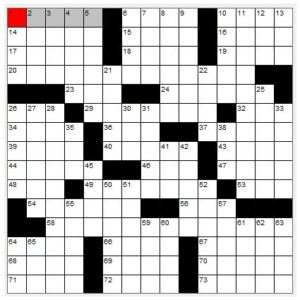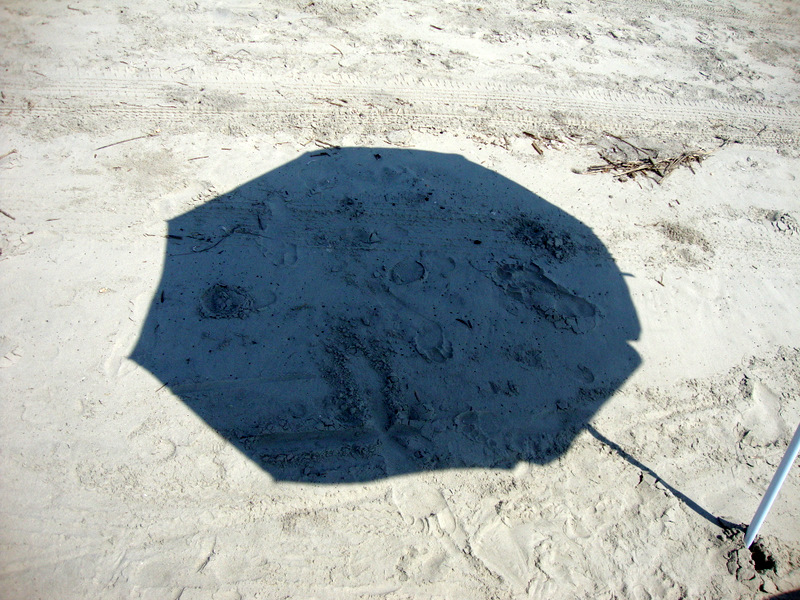 This is a nice profile on Dan Feyer, the winner of the 2010 American Crossword Puzzle Tournament.
This is a nice profile on Dan Feyer, the winner of the 2010 American Crossword Puzzle Tournament.
http://www.nytimes.com/2010/12/07/science/07profile.html
Feyer, who is a music director in New York City, excelled at math as well as music in school. This combination of talents, math and music, is not uncommon, and both of these skills sets seem to appear with great frequency among crossword puzzle enthusiasts.
Indeed, as the article points out, Jon Delfin, a 7-time winner of the tournament, is also a musician, and many other winners and crossword constructors are math and computer science types. As one puzzler points out, the connection between math, music, and crossword puzzles is pattern finding. In addition, the three fields also rely on the manipulation of symbols that often contain no inherent meaning themselves.
This all makes perfect sense to me. I am an avid crossword puzzle solver, I have competed in the tournament many times, and I have even constructed several puzzles of my own, including this one that incorporates many mathematical ideas:
https://mrhonner.com/2011/06/02/crossword-puzzle-a-touch-of-math-2/
Unfortunately, constructing a good crossword puzzle takes as much time and effort as constructing a good math test!
 Through Math for America, I am part of an on-going collaboration with the New York Times Learning
Through Math for America, I am part of an on-going collaboration with the New York Times Learning 


